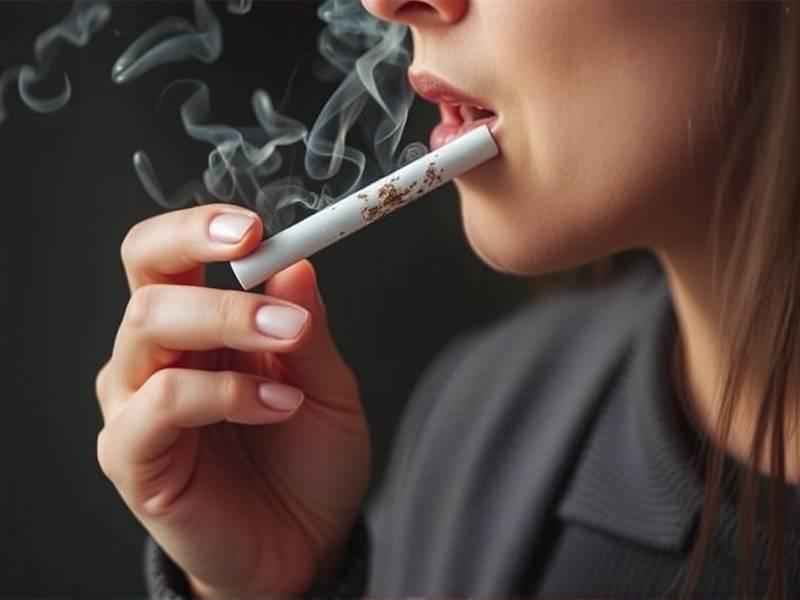What Really Happens in the First Week of Quitting Smoking?
Unveiling the Transformative First Week of Quitting Smoking
Introduction: The journey to quitting smoking is a challenging yet rewarding endeavor. Understanding what happens in the first week can provide hope and motivation for those taking this significant step. In this article, we delve into the physiological and psychological changes that occur during the initial phase of quitting smoking, offering insights into how your body begins to heal and adapt.
I. The Physical Reactions

A. Immediate Benefits In the first few hours after your last cigarette, your body starts to experience immediate benefits. The carbon monoxide levels in your blood decrease, improving oxygen flow to your heart and brain.
B. The First 48 Hours During the first two days, you may notice withdrawal symptoms such as irritability, headaches, and cravings. However, these symptoms are temporary and your body is already beginning to repair itself.

C. The First Week: A Closer Look
-
Improved Lung Function Your lungs start to clear out mucus and debris that have accumulated from smoking. You may notice an increase in coughing as your body expels toxins.
-
Enhanced Circulation Your blood vessels begin to dilate, leading to improved circulation throughout your body.
-
Reduced Risk of Heart Disease The risk of heart disease starts to decrease within a week of quitting smoking due to improved heart rate and blood pressure.
II. The Psychological Shifts
A. Managing Cravings Cravings are a common challenge during the first week of quitting smoking. Techniques such as mindfulness, distraction, and seeking support from friends or family can help manage these intense desires.
B. Emotional Fluctuations Quitting smoking can lead to emotional fluctuations ranging from irritability to mood swings. It's important to recognize these changes and seek ways to cope with them effectively.
C. Long-Term Benefits on Mental Health As you continue with your smoke-free journey, you'll likely experience increased mental clarity, better mood regulation, and a greater sense of control over your life.
III. Tips for Navigating the First Week
A. Stay Hydrated Drinking plenty of water can help flush out toxins from your body and alleviate withdrawal symptoms.
B. Get Moving Exercise releases endorphins, which can help improve mood and reduce cravings.
C. Seek Support Joining a support group or finding an accountability partner can provide encouragement during this critical phase.
Conclusion: The first week of quitting smoking is a time of significant change as your body begins its healing process. By understanding what happens during this transformative period, you can better prepare yourself for the challenges ahead while celebrating the positive changes taking place within you. Remember that every smoke-free day is a step towards a healthier future!
